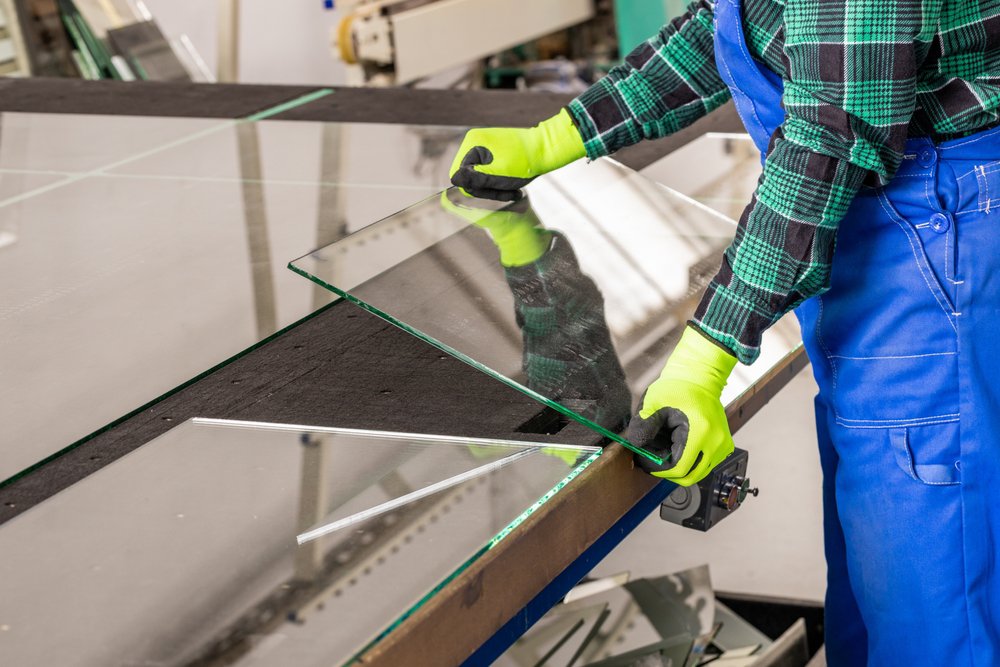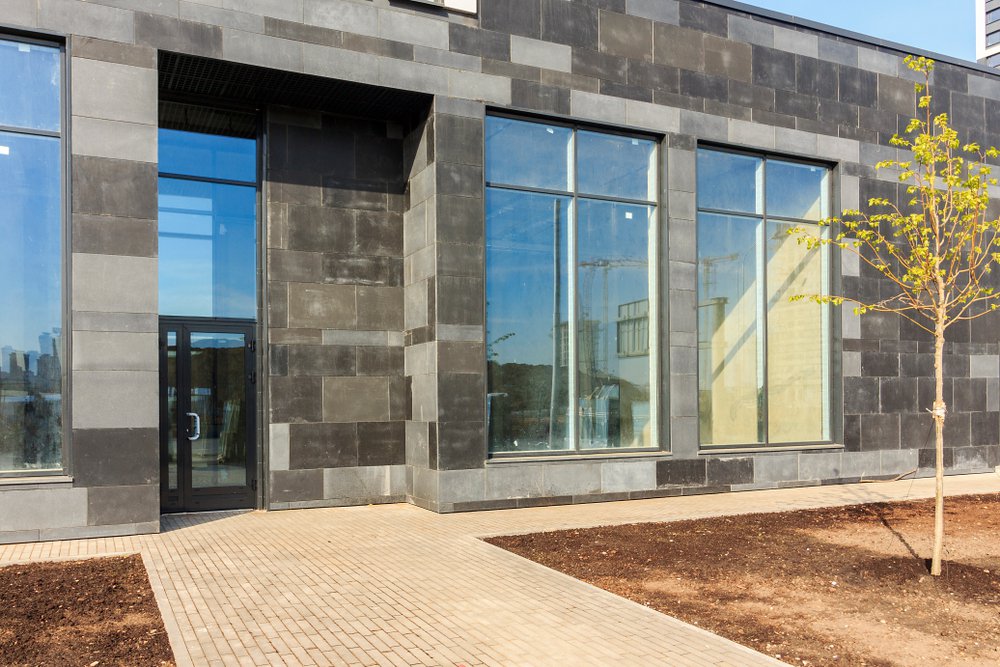Sustainable glass manufacturing is a transformative approach that merges ecological responsibility with product excellence. This shift toward sustainable practices is not only essential for the planet but also proves that quality and sustainability can coexist seamlessly.
Traditional vs. Sustainable Glass Manufacturing
Understanding the differences between traditional and sustainable glass manufacturing highlights the profound impact of innovation on reducing environmental harm. Traditional methods, while effective in producing quality glass, come with significant drawbacks in terms of resource consumption and emissions.
Traditional glass manufacturing methods are infamous for their environmental impact. The process involves melting raw materials at extremely high temperatures, often relying on fossil fuels, which generate substantial greenhouse gas emissions. Additionally, these methods are water-intensive, using significant amounts for cooling and cleaning, contributing to water scarcity and pollution.
In contrast, sustainable glass manufacturing integrates eco-friendly practices that minimize environmental harm. Innovative techniques such as renewable energy utilization and advanced water management systems drastically reduce resource consumption while maintaining the high-quality standards expected in the industry.
Innovations in Sustainable Glass Practices
Advancements in sustainable practices are transforming the way glass is manufactured. These innovations address environmental concerns and enhance operational efficiency and product quality.

Harnessing Renewable Energy
Reducing reliance on fossil fuels is a cornerstone of sustainable glass manufacturing. Solar and wind power integration lowers operational costs and drastically cuts carbon emissions, contributing to a cleaner and greener environment.
Key Benefits:
- Reduced greenhouse gas emissions
- Long-term cost savings
- Enhanced corporate reputation
Advanced Water Management
Water conservation is another critical aspect of sustainable practices. Closed-loop systems recycle water used during production, significantly reducing overall consumption. Automated monitoring systems ensure that water usage is optimized, minimizing waste.
Eco-Friendly Raw Materials
Sustainability starts with the right materials. Using recycled glass and bio-based alternatives reduces waste without compromising quality. These materials enhance durability and performance, demonstrating that eco-conscious choices can elevate product standards.
Expanding the Role of Digitalization in Sustainable Glass Manufacturing
Digitalization is playing a pivotal role in reshaping glass manufacturing. By incorporating advanced technologies, manufacturers can enhance both sustainability and efficiency.
Smart Manufacturing Technologies
Digital tools play a pivotal role in modern sustainable practices. Smart manufacturing technologies optimize energy usage and streamline production. Sensors and IoT devices track real-time energy consumption, enabling precise adjustments to minimize waste and maximize efficiency.
Data-Driven Decisions
Data analytics allows manufacturers to identify inefficiencies in their processes. By analyzing production data, companies can make informed decisions that enhance both sustainability and productivity. For example, predictive maintenance powered by machine learning helps identify potential equipment issues before they lead to energy-intensive breakdowns.
The Economic Advantages of Sustainable Practices
Transitioning to sustainable practices isn’t just beneficial for the environment; it’s also economically advantageous. Here’s how sustainability impacts the bottom line:
Energy Savings
Investing in renewable energy sources and energy-efficient machinery significantly reduces energy costs. Over time, these savings offset initial investments, making sustainability a cost-effective choice.
Waste Reduction
Using recycled materials and optimizing production processes minimizes waste, reducing disposal costs and enhancing overall efficiency. These measures not only benefit the environment but also streamline operations.
Market Competitiveness
As more consumers and businesses prioritize sustainability, offering eco-friendly products meets growing demand and enhances brand reputation, opening doors to new markets.
Practical Strategies for Manufacturers
Manufacturers interested in embracing sustainability can benefit from adopting a structured approach. By focusing on technology, culture, and collaboration, companies can make meaningful progress toward eco-friendly practices.
Invest in Technology
Manufacturers can begin by upgrading their machinery to more energy-efficient models and implementing renewable energy solutions such as solar or wind power. Integrating advanced water management systems also contributes significantly to sustainability by reducing resource consumption and waste.

Foster a Sustainable Culture
A sustainable manufacturing process is only as strong as the culture that supports it. Companies should provide thorough training for staff on eco-friendly practices and encourage innovation at every level. Cross-departmental collaboration ensures that sustainability goals are embedded across the organization, fostering a unified commitment to responsibility.
Collaborate and Share Knowledge
Partnerships and open communication with industry peers amplify the impact of sustainability efforts. Manufacturers can engage in workshops, forums, and collaborative research projects to exchange best practices and drive the adoption of eco-friendly materials and processes. This collective effort enhances progress and helps set industry-wide standards for sustainability.
Sustainability in glass manufacturing requires collective effort. Collaborating with industry partners to share insights and technologies can promote eco-friendly practices on a larger scale. By fostering a culture of collaboration, the industry can achieve greater advancements in sustainability.
Embracing a Promising Future in Sustainable Glass Manufacturing
Sustainable glass manufacturing is slowly becoming a necessity. Environmentally responsible practices can coexist with high-quality standards. By leveraging renewable energy, conserving water, and utilizing eco-friendly materials, manufacturers are setting a new benchmark for the industry.
Now is the time for stakeholders to take action. Each step, from investing in innovative technologies to sharing successes with peers, contributes to a collective movement toward sustainability. Together, we can transform glass manufacturing into an industry that values both quality and ecological responsibility.
Contact Insul-Lite Manufacturing to learn more about our sustainable glass manufacturing practices and explore how they can benefit your operations.





